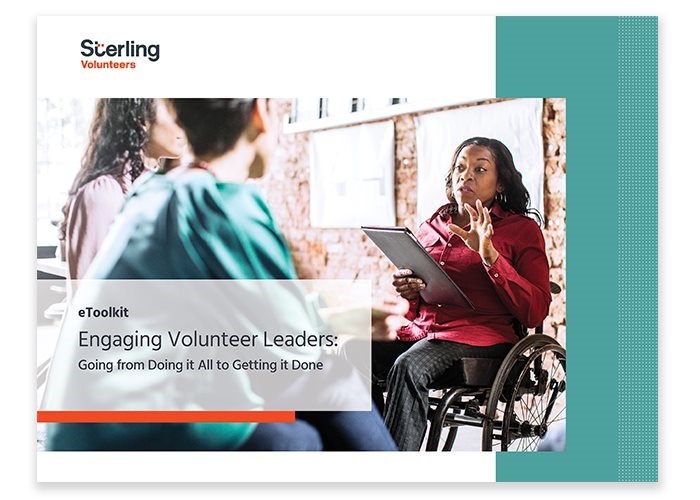Volunteer leaders can build the capacity of staff throughout an organization, yet many professionals are reluctant to empower volunteer leaders because they are uncomfortable delegating responsibilities. Effectively advocating for volunteer leadership requires not only an ability to articulate the benefits of engaging volunteer leaders but also understanding what gets in people’s way of delegating and being able to reduce the barriers to delegation.
Staff reluctance to delegation can stem from multiple concerns, including:
▪ Lack of skills to effectively delegate.
▪ Fear of being replaced by volunteers.
▪ Resistance to changing how work gets done.
▪ Reluctance to give up control over the work.
▪ Past experiences that did not go well.
▪ Lack of trust in volunteers’ ability to be successful.
Considering what gets in the way of delegating responsibilities can help you strategize how to overcome them. For example, the words or actions of colleagues may indicate a fear that a volunteer leader may outshine them. To overcome that concern, you can incorporate engaging volunteers into staff position descriptions and build engagement into performance reviews. In this way, staff are celebrated and recognized for the successes of the volunteers whom they engage. Other colleagues may be concerned about how a volunteer’s shortcomings may reflect badly on the staff supervisor. To mitigate this you can provide training on screening and selection of qualified volunteers and share tools on work planning and accountability.
For more strategies and tools to advocate for engaging volunteer leaders, identifying needs and planning the work, delegating the work and supporting volunteer leaders to success, and developing current and future volunteer leaders, download our free eToolkit, Engaging Volunteer Leaders: Going from Doing it All to Getting it Done, developed in partnership with Sterling Volunteers, today.
